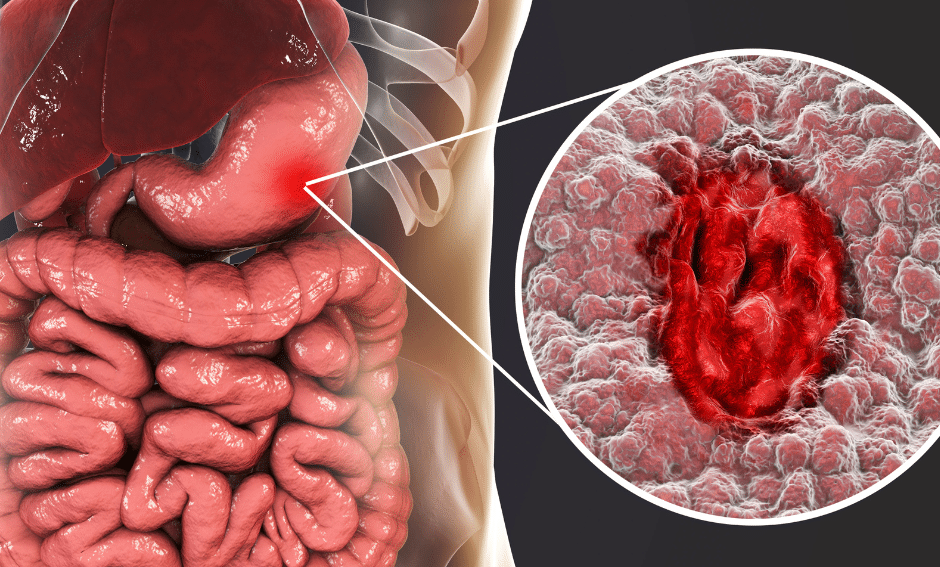6 Debunked Myths About Gluten and Celiac Disease

The reality is that a gluten-free lifestyle has become something new age and trendy (like snacking on kale or growing a beard). However, it’s sadly piggybacking off of a lifestyle requirement for individuals living with celiac disease that are forced to live gluten-free in order to combat the symptoms of their condition.
In the lime green spirit of Celiac Awareness Month, here are some common misconceptions about gluten and Celiac disease debunked and brought to light…
Myth: Having an allergy to wheat is the same as celiac disease.
Fact: Those with a wheat allergy only have to avoid products with wheat. Gluten is found in other grains, like barley and rye, as well as a host of other foods.
Myth: People can outgrow celiac disease.
Fact: Celiac disease is not an allergy that people can potentially outgrow; it is a lifelong autoimmune disease that results in damage to the small intestine.
Myth: There’s a medication for everything. Surely celiac disease can be treated with mediation?
Fact: Sadly, that are no medications for managing celiac disease. A gluten-free lifestyle is the only way to effectively treat the condition.
Myth: Those with celiac disease must use everything that is gluten-free, including soap, shampoo and lotion.
Fact: Gluten cannot be absorbed through the skin, and it is only harmful to those with celiac disease when ingested in certain quantities.
Myth: Products labeled “gluten-free” contain no gluten.
Fact: It is practically impossible to remove any and all traces of gluten from a diet.
Myth: When the packaging on a product states that the item was processed in the same facility as wheat, it is unsafe for those with celiac disease.
Fact: Products with this kind of labeling may be celiac-friendly depending on the processes of the facility. To be safe, always check the company’s website or call to learn more about their practices.
If you suspect that you or a loved one has celiac disease, initiating a gluten-free diet on your own is not recommended. In order to properly test and confirm your diagnosis, you must be eating gluten at the time of testing.
The specialists here at Digestive Healthcare Center (DHC) are greatly experienced in the effective diagnosis, treatment and continued care of celiac disease. Through advanced techniques and compassionate patient care, our physicians help patients living with this debilitating condition lead healthy, happy lives.
For more information or to schedule an appointment with one of our specialists, contact us today.
Make an Appointment for Comprehensive Digestive Care in NJ
At Digestive Healthcare Center, we want each patient at our three offices in New Jersey to feel confident about their digestive health. We encourage you to contact us today to make an appointment with one of our expert gastroenterologists – don’t wait to start putting your digestive health first!
Recent Blogs
Learn more about all things digestive health and wellness by checking out our recent gastroenterology blogs.

Infusion therapy has become a vital treatment option for individuals with Crohn’s disease, offering relief when traditional medications may fall short. This method delivers medication directly into the bloodstream, providing quicker and more targeted effects to help manage inflammation, reduce symptoms, and improve quality of life. For those with moderate to severe Crohn’s disease, infusion […]

The Advancement of Ulcerative Colitis Treatment Ulcerative colitis (UC) is a chronic inflammatory bowel disease (IBD) that affects the lining of the colon and rectum. Those diagnosed with UC often experience flare-ups that can significantly impact their quality of life. Fortunately, advancements in medical treatment have made managing this condition more achievable. One option is […]

Diverticular disease and diverticulitis are related digestive health conditions that affect the large intestine (colon). With diverticular disease, small, bulging pockets develop on the lining of the colon. When these pockets become inflamed or infected, the condition is called diverticulitis. They are very common – especially after age 40 – and rarely cause problems. At […]
























